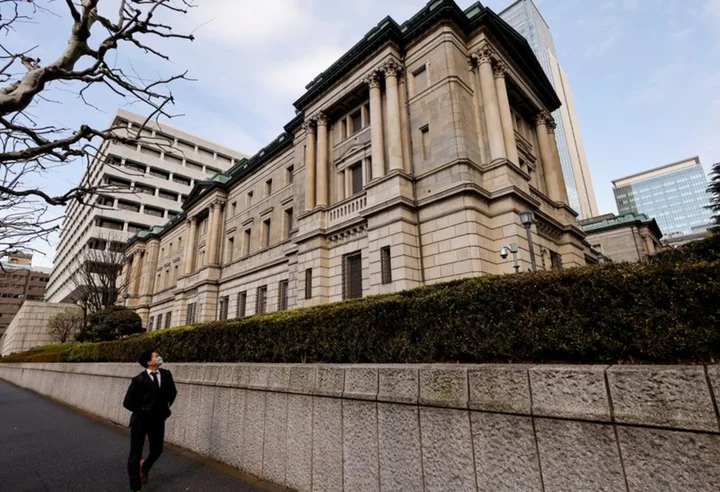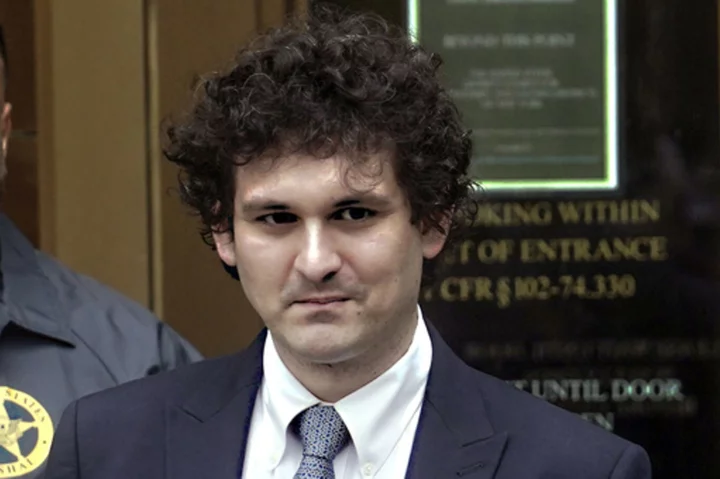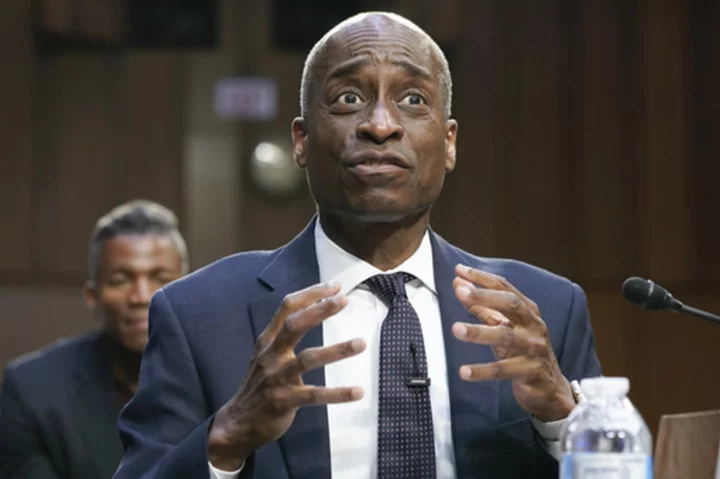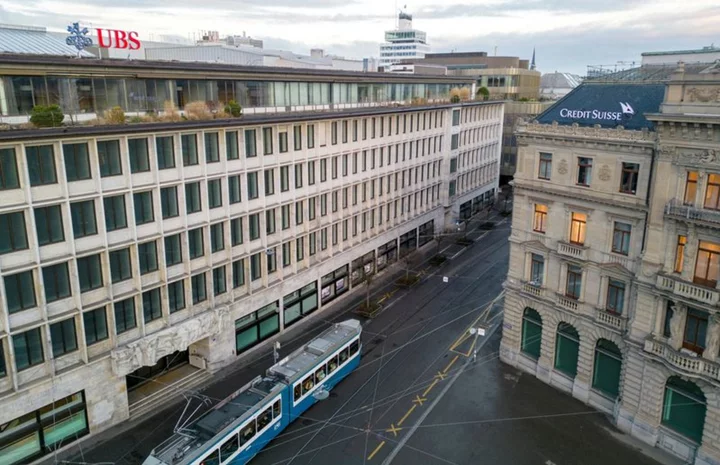By Leika Kihara
(Reuters) -Some Bank of Japan (BOJ) policymakers saw the country making progress towards sustainably hitting the bank's 2% inflation target, a summary of opinions at its April meeting - the first one to be chaired by governor Kazuo Ueda - showed on Thursday.
The nine-member board also debated the side-effects of the BOJ's bond yield control policy and possible repercussions in case it raises interest rates in the future, the summary showed, a sign the members were becoming more open to the idea of a future policy shift.
"Japan's economy is showing signs of achieving a positive cycle of (rising) wages and inflation. The BOJ needs to judge the trend accurately, so its policy response doesn't end up being behind the curve," one opinion showed.
The members agreed on the need to keep monetary policy ultra-loose for the time being due to uncertainty over the overseas economic outlook and whether recent wage hikes will be sustained beyond next year, the summary showed.
At the April meeting, the BOJ kept ultra-low interest rates but announced a plan to review its past monetary policy moves, laying the groundwork for Ueda to gradually phase out his predecessor's massive stimulus programme.
Under a policy dubbed yield curve control, the BOJ sets a short-term interest rate target of -0.1% and caps the 10-year bond yield around zero as part of efforts to reflate the economy and sustainably achieve its 2% inflation target.
(Reporting by Leika Kihara; Editing by Sandra Maler and Shri Navaratnam)









